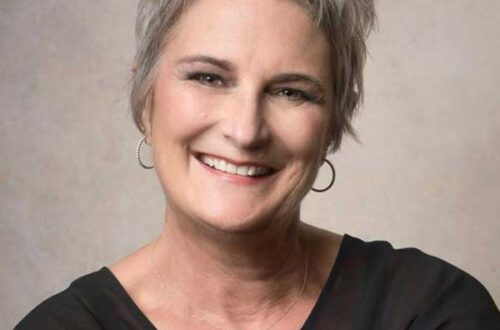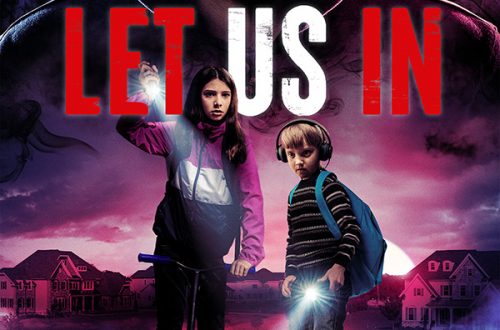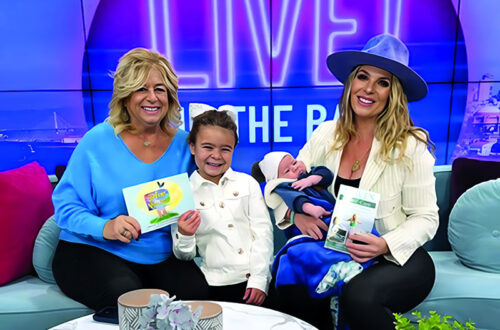Hidden Disabilities, Hidden Stress
By Suki Wessling

“I think I have it easy.”
Her statement took me by surprise. Easy to raise a child with Down Syndrome? Easy to know that your son may never be able to live an independent life?
I was speaking with a friend about being the parent of a child with special needs, and her point of view was unexpected. She explained that as soon as people looked at her son, they knew a lot about him. It led people, she said, to feel comfortable with him. People were generally kind and accepting, didn’t have unreasonable expectations, and appreciated what he could offer to the world.
Kids who don’t present their disabilities in an immediate, visible, and categorizable way face much more complex problems. She’d known many of these kids and parents, she said, and she’d realized what a gift her son’s distinctive features were.
We live in a society that can be unkind to those who don’t fit in. People with visible disabilities face discrimination, bullying, and misunderstanding on a daily basis. I don’t intend to minimize the struggles of these children and their parents, but rather to explore a phenomenon common to the experiences of families who are raising “high-functioning” kids with disabilities.
These kids “fit in.” They are “mainstreamed.” They don’t wear protective headgear, have unusual facial features, or walk with an unusual gait. Often, their parents don’t refer to them as having special needs. They walk into a classroom or a birthday party fully integrated into the group.
Until they’re not.
Let’s confess: Most of us have judged parents by the behavior of their children.
Why can’t they get their child to stop making so much noise?
Why didn’t they teach their child not to take toys from other kids?
It’s just sand in his shoe, for goodness’ sake!
We think these sorts of things, whether or not we’ve said them out loud. Misbehaving kids are frustrating. And when there is no other outward sign that the child shouldn’t be able to behave in typically acceptable ways, adults tend not to give them the benefit of the doubt.
I remember what my friend said about her child with Down Syndrome:
People are generally kind and accepting
People don’t have unreasonable expectations
People appreciate what he can offer to the world
Many disabilities can be hidden to the casual observer: high-functioning autism, depression, dyslexia, sensory processing disorder…even some physical disabilities. All of them can inhibit a child’s functioning in surprising ways when it comes to school and social interaction. But because they’re not immediately obvious, these children and their parents face a dilemma.
When people are not kind and accepting, do we explain the disability?
When others have unreasonable expectations of our children, do we ask for accommodations?
How can we raise these kids to feel a sense of self-worth about the contributions they can make to the world?
Parents of children with hidden disabilities face ongoing stress that they may fail to recognize or acknowledge. Their kids’ friends are unlikely to have special needs, so they don’t get the parent support they might need. They can feel conflicted about demanding services from cash-strapped school systems and overworked teachers. They see on a daily basis that other parents, teachers, and strangers out in the world judge them and their children based on mistaken assumptions.
Another friend told me about sitting at an outdoor restaurant, the sort of place where children feel free to roam and play. As they watched their son playing happily on the lawn, a group was seated at the next table. One of the adults said loudly, “Why doesn’t someone shut that kid up?”
She wasn’t sure whether to be angry or mortified. Her son, a happy, healthy boy with Tourette’s Syndrome, would occasionally jerk his body and make a yipping sound. It wasn’t particularly loud or disturbing, but this man had immediately identified and called out nonconforming behavior with the assumption that it could be controlled.
Children with hidden disabilities are everywhere: in school, attending birthday parties, at the park, eating in restaurants. The disabilities may still even be hidden from the parents, who wonder why their kid just can’t fit in. And the disabilities can express themselves in surprising ways, such as a child throwing a fit about something apparently trivial, or seeming to act much younger than their age, or refusing to take part in a fun activity.
The stress on parents is ongoing and often unrecognized. They are more likely to feel judgment than sympathy and support from the adults around them.
Thinking about how others can support these parents led me to realize that it’s quite simple. We should treat all children as we want children with disabilities to be treated:
We should be kind and accepting of all children
We should have reasonable expectations of all children
We should value whatever contribution any of us can make to the world, no matter how small
We may never know what is behind a child’s public meltdown or inappropriate birthday party behavior, but offering the parent our support rather than our judgment can only help.
Suki Wessling is a writer and teacher and the mother of two teens. Her most recent book is Homeschool with Confidence, a goal-setting guide for teens. Read more at www. SukiWessling.com.






